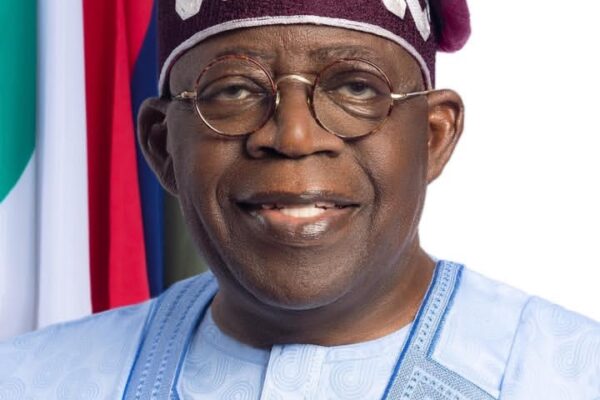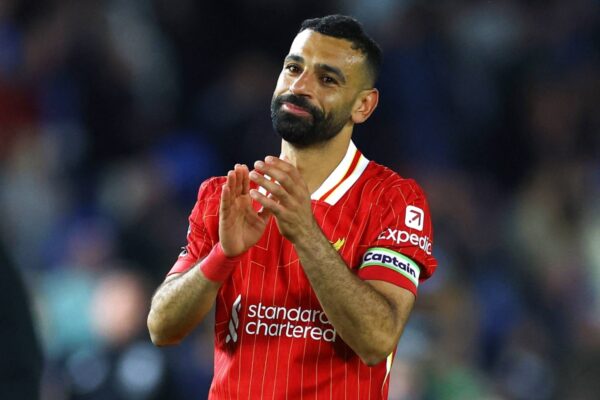
Regina Daniels Celebrates Brother Sammy West With Emotional Birthday Message
Regina Daniels has paid an emotional tribute to her brother, Sammy West, as he celebrates his birthday. Taking to Instagram, the actress expressed her deep love and gratitude for her brother, admitting she struggled to find the right words to honor him. Regina credited Sammy for guiding her toward peace and purpose, highlighting the pivotal role he has played in her life. She also shared heartwarming throwback photos that reflect their close bond. In her post, she wrote: “Happy birthday, my precious brother. My blessing of a brother, my guy, my main guy! For the first time, I no wetin to talk, I just weak. But I want you to know I’m grateful for you and I love you so freaking much, and I pray God grants all your heart’s desires and announces you exactly how you want. If there’s something you must be proud of, it’s that your baby sister’s new chapter, her journey towards peace and purpose, started because of you. Everyone, btw, do you know that my brother named me Regina? Omo, I love you bro @sir.sammywest.” The heartfelt message comes amid recent challenges in Regina’s life, including her speaking out about domestic violence in her marriage and reports of her brother’s arrest involving her estranged husband, Ned Nwoko. Despite the difficulties, Regina’s tribute underscores the unbreakable bond between her and Sammy.







